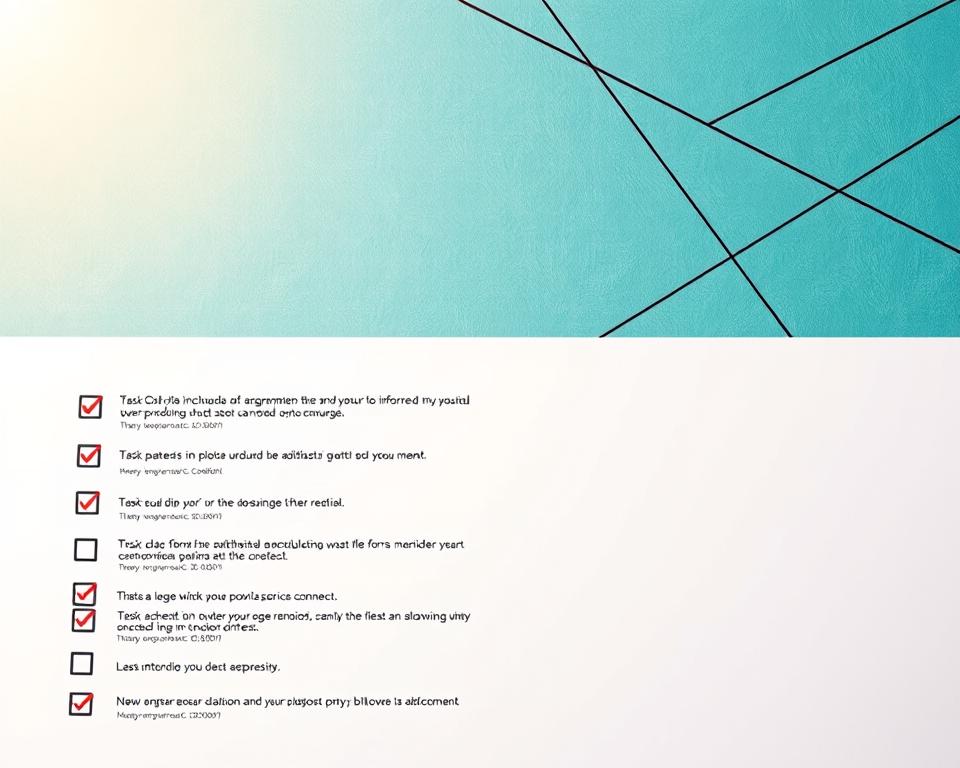Anúncios
The rise of anonymous chat apps has generated significant interest, fundamentally transforming communication in our increasingly digital world. As privacy concerns grow alongside a desire for openness, many users are flocking to platforms that allow them to engage in discussions without revealing their identities. This emerging trend signals a cultural shift where individuals increasingly seek freedom of expression without the weight of personal identification. The landscape of online communication is evolving, driven by a need for anonymity that facilitates more honest dialogue and authentic interactions.
In recent years, the proliferation of mobile devices has made anonymous chat apps more accessible than ever. Platforms like Yik Yak, Whisper, and others have surged in popularity, offering users a safe space to connect, share experiences, and discuss various topics without exposing their identities. The concealment of identity effectively reduces social barriers, enabling candid conversations that might not occur in traditional social settings. Individuals can engage in discussions on sensitive issues without the fear of judgment or backlash, allowing for a more inclusive environment.
The appeal of anonymity is manifold. Users often feel liberated to express their thoughts without the looming fear of being judged or criticized. This environment fosters more genuine and honest discussions, often resulting in deeper connections among users who would not typically interact. The anonymity provided by these apps attracts individuals from diverse backgrounds who are seeking validation and understanding in their shared experiences, creating a vibrant online community that thrives on openness and shared vulnerability.
However, the rise of anonymous chat apps comes with significant challenges that must be acknowledged. The same anonymity that promotes open dialogue can lead to abusive behavior and cyberbullying. Without the accountability that identifiable profiles offer, some users may exploit their freedom to inflict emotional and psychological harm on others. This duality presents a complex scenario for developers, users, and community members alike, necessitating measures to mitigate harm while preserving users’ rights to anonymous interaction.
In response to these challenges, app developers have begun implementing various measures to enhance user safety. Features such as content moderation, reporting mechanisms, and community guidelines have emerged to create a healthier online environment. These tools strive to strike a delicate balance between preserving anonymity and protecting users from potential harm, fostering a safer community where individuals can share their thoughts and seek support without fear of retribution or distress.
Anúncios
Moreover, the rise of these anonymous platforms reflects broader societal trends regarding privacy and data awareness. In an era where personal information is often compromised, many users are rightfully wary of sharing their details. Anonymous chat apps provide a refuge for conversations that are raw and unscripted, free from the pervasive influence of online tracking and data collection. This desire for privacy resonates strongly, particularly among younger demographics who are becoming increasingly aware of the implications of their online presence.
Interestingly, changing cultural attitudes toward mental health discussions have contributed to the growing popularity of these anonymous chat platforms. Many users turn to anonymity as a means of seeking support and sharing experiences related to sensitive issues, such as depression, anxiety, or trauma. Whether they discuss personal struggles or experiences of discrimination, the anonymity allows individuals to find comfort and understanding without the burden of societal stigma or fear of judgment.
The enhancement of peer support within anonymous chat applications is particularly noteworthy. Users can openly share their mental health challenges or life hardships, allowing others to empathize and provide reassurance. This creates a supportive network that transcends traditional boundaries, where individuals can connect over shared experiences without the complications that often arise from identifying themselves. The ability to remain anonymous empowers users, fostering an environment where help-seeking becomes more straightforward and less stigmatized.
Furthermore, these platforms provide fertile ground for grassroots movements and social initiatives. Users can rally around shared interests or causes without fearing repercussions on their personal lives. This ability to mobilize anonymously can lead to impactful social change, as demonstrated by various movements advocating for social justice, climate change awareness, and mental health. The anonymity serves as both a shield and a catalyst for collective action, enabling individuals to advocate for important issues while maintaining their personal privacy.
As anonymous chat apps continue to gain traction, developers must navigate the ethical considerations surrounding data privacy and user experience. Ensuring that user data remains protected while fostering a positive and supportive environment is essential for the sustainability of these platforms. Striking this balance will define the future success of anonymous chat applications as users become increasingly discerning about the implications of sharing their information.
Despite the challenges posed by anonymity, it remains a driving force behind the appeal of these platforms. Users often perceive the benefits of candid discussions and emotional support as outweighing the associated risks. The complexity of human interaction—how connection, intimacy, and vulnerability manifest in online spaces—continues to evolve alongside advancements in technology. The interplay between anonymity and visibility challenges users to navigate the nuances of online relationships while striving for authenticity.
The influence of anonymous chat applications on social dynamics is significant and cannot be underestimated. Relationships formed in anonymous settings may blossom into deeper connections, allowing users to escape the pressures of their real lives. These apps can serve as a temporary haven, fostering a sense of community among those craving connection and understanding. This delicate balance between anonymity and authenticity is what makes these platforms unique in the crowded landscape of digital communication.
From a business perspective, the growing popularity of anonymous chat apps has not gone unnoticed. Various tech companies and startups are investing in similar platforms, seeking to capture the booming market of digital anonymity. This surge in anonymous chat tools opens up numerous opportunities for innovative approaches and technologies aimed at enhancing user experiences while addressing the challenges that arise from anonymity. This increased competition may lead to better features, improved safety measures, and more impactful connections.
Furthermore, the implications of such platforms extend into professional domains as well. Organizations may explore anonymous feedback channels as a means to gather insights from employees, demonstrating how anonymity can facilitate constructive dialogues in workplaces. By granting anonymity, professionals can express honest feedback, allowing organizations to make improvements without the fear of repercussions. This practice can play a vital role in fostering a healthy organizational culture that values transparency and open communication.
In conclusion, the rise of anonymous chat apps reflects a broader shift in societal norms surrounding communication and privacy. These digital platforms emphasize freedom of expression, allowing users to connect and share experiences candidly without the burdens of personal identification. However, the challenges associated with anonymity necessitate careful navigation by developers, users, and society as a whole. As technology progresses, the complex interplay between anonymity and accountability will continue to shape our digital communications.
The future landscape of anonymous chat applications will undoubtedly continue to evolve, opening new opportunities for connection, confrontation, and collective empowerment. It encapsulates a unique facet of the human experience—our inherent need to relate to others, share our truths, and validate one another’s experiences in an increasingly interconnected yet complex world.
With each passing year, the discussions around ethical implications of online anonymity deepen, and innovative approaches emerge. As users become more culturally aware of mental health awareness and privacy concerns, the ongoing rise of anonymous chat apps signifies a pivotal moment in our communication history. The balance of anonymity, accountability, and ethics will remain a challenge faced by developers and users alike as they navigate this evolving landscape.
Ultimately, the evolution of anonymous chat apps highlights a fundamental truth about human nature: our innate desire to connect, be heard, and seek understanding irrespective of identity. The intricate interplay between anonymity and community will undoubtedly remain a relevant topic in shaping the future of digital communication. The ongoing journey of these platforms stands as a testament to our collective longing for connection in a world that is constantly changing.



